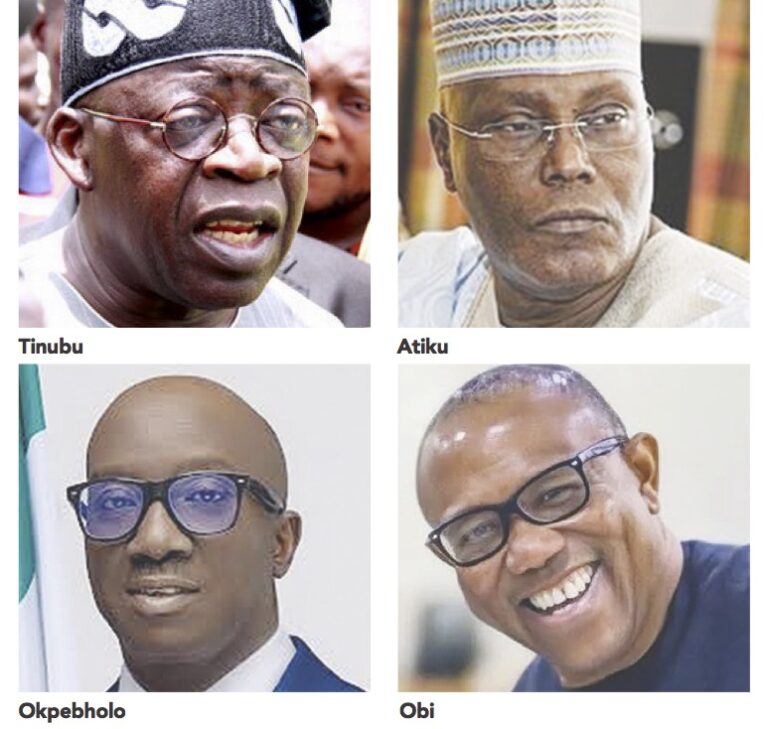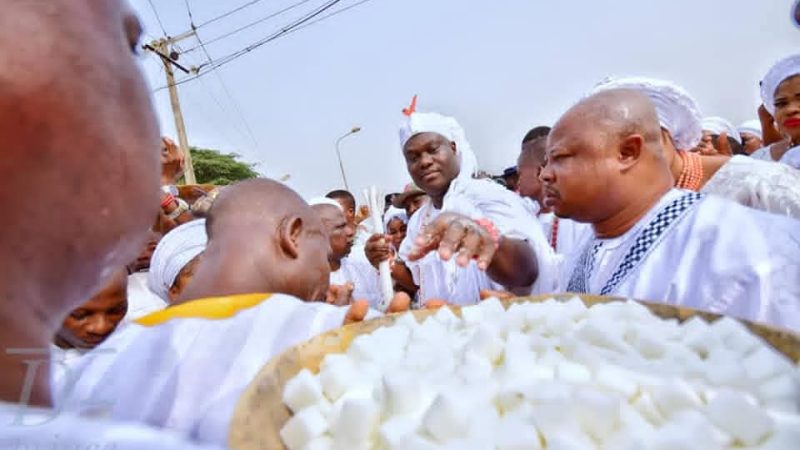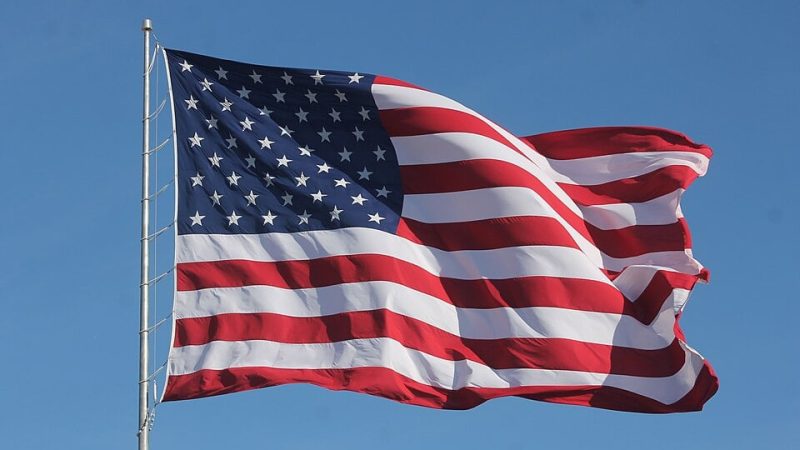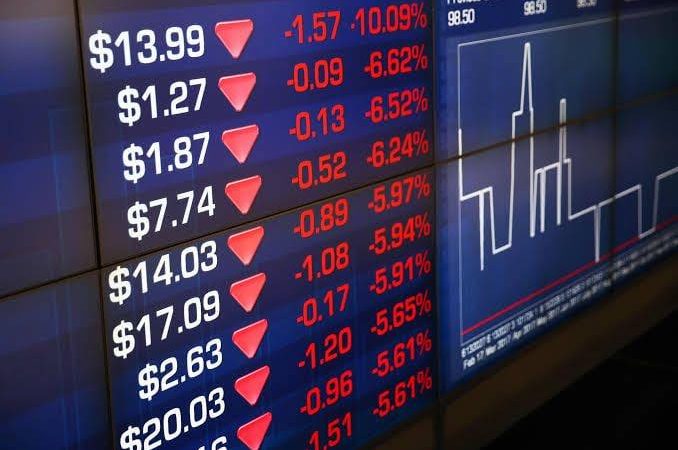By Casmir Igbokwe
Nigeria has a unique model of democracy. It is a system where the people in power allocate more time to playing petty politics than the actual governance for which they were elected.
Former Vice-President and presidential candidate of the Peoples Democratic Party (PDP) in the 2023 election, Atiku Abubakar, put it succinctly: “While Nigerians face growing insecurity, hunger and poverty, (Bola) Tinubu is busy playing petty politics. He has abandoned governance and is instead obsessed with his 2027 re-election ambitions, even though he has nothing to show for the 2023 mandate.”
We still have about two years to the next general election. But the political gladiators are already gearing up for the epic battle. Last week, Nigeria’s three main political parties – the All Progressives Congress (APC), the coalition-backed African Democratic Congress (ADC) and the PDP – engaged their speed gear in the race for 2027. Their chieftains threw tantrums at one another. At the 14th meeting of the National Executive Committee (NEC) of the APC in Abuja, President Bola Tinubu took a swipe at the ADC. “It’s not a bad idea to abandon a sinking ship and be absent from a coalition of confusion,” he said.
As part of the realignment to retain the seat of power at the centre, the APC brought in the Minister of Humanitarian Affairs, Professor Nentawe Yilwatda, to be the new National Chairman of the APC. Yilwatda, who is from Plateau State, replaced Alhaji Abdullahi Ganduje who resigned recently, ostensibly on health grounds. With this, the APC believes it has captured the North-Central. Plans are afoot to capture other zones in the North.
Yilwatda has promised to bring more PDP governors to the fold of the APC. As far as he is concerned, 2027 general election is a done deal for the APC. The PDP, on its part, has vowed to give the APC a good fight in 2027. The governors elected on the platform of the party vowed to confront the APC and the ADC in the 2027 election. At the party’s 101st NEC meeting in Abuja last week, the governors said the party would no longer tolerate acts of indiscipline.
The ADC is also talking tough. It has vowed to unseat Tinubu from Aso Rock. According to the party, the APC and Tinubu are clearly unsettled by the ADC’s rising influence.
The question remains, as politicians hold open and secret meetings on how to snatch power from one another, how many of them are bothered about the current plight of the ordinary Nigerians? From the centre down to the states and the local governments, good governance has taken a back seat.
Tinubu said so recently when he urged the APC governors to redouble their commitment to development, security, grassroots mobilization and progressive governance. He said, “Nigerians are still complaining at the grassroots. You must wet the grass more. Lead the charge in delivering progressive change. We need more zonal-level engagements to boost mobilisation and unity.”
It’s good that he has reminded the governors of their obligation. He needs to also remind himself of what he needs to do as a President. Despite claiming significant progress in tackling terrorism and banditry in the country, Tinubu has performed woefully in that regard. In a report in May 2025, Amnesty International said gunmen killed at least 10,217 people in attacks in two years since Tinubu assumed office.
On the economy, the present government has also boasted of its perceived wonderful performance. Tinubu said the economy was stabilizing and that his government was working hard to ensure food sovereignty. He also enthused about improved government revenue generation and the reduction in inflation rate.
Pray, how has the improved government revenue impacted on the personal finances of Nigerians? Has it led to significant drop in the prices of essential goods and services? Was the reduction in inflation rate not largely because of the rebasing of the inflation index?
The President announced the removal of fuel subsidy on assumption of office on May 29, 2023 without any serious plan on how to mitigate the hardship it was bound to cause. His government also floated the exchange rate, thus causing the worst cost-of-living crisis in a generation. The United Nations, in a recent report, listed Nigeria and 12 other countries as hunger hotspots of the world. Nigeria was even listed together with three other countries as hotspots of very high concern that require urgent attention to save lives and livelihoods.
In Nigeria today, the number of beggars has grown. Sudden deaths are on the increase as many people cannot afford to pay basic bills. While present and past leaders have made London and Paris their choice destinations for medical care, hundreds of millions of Nigerians cannot afford basic drugs.
Many companies have shut down. This has led to job losses. In 2023 alone, the Manufacturers Association of Nigeria (MAN) said about 767 companies shut down operations while 335 others experienced distress. Between 2023 and 2024, the Nigerian Economic Summit Group (NESG) said about 7.2 million Micro and Small Medium Enterprises (MSMEs) shut down in Nigeria.
Millions of Nigerian children are out of school because their parents cannot afford their school fees. The budget for education is abysmally low even as the people in power continue to live in opulence. Their priorities include presidential jet, befitting new party headquarters, exotic houses and vehicles that cost the tax payers billions of naira.
In all this cacophony of poor governance, one man has given many Nigerians some hope. He is the Labour Party presidential candidate in the 2023 election, Mr. Peter Obi. He has continued to use his personal resources to uplift some schools and medical institutions in Nigeria. That is why he receives accolades wherever he goes.
Little wonder power grabbers are afraid of him. They know that in a clean and clear contest, Obi will win. This explains the political hot-air balloon the infantile governor of Edo State, Monday Okpebholo, released against him recently. Okpebholo will ever be grateful to the powers who made him governor on a silver platter. So, he has to show loyalty by talking down on a person they all have common animosity against.
They feel they can misbehave because elections in Nigeria are usually not credible. They believe that once they get some bigwigs, they will cruise home to victory, votes or no votes. These chieftains are the ones who will provide the war chest needed to procure thugs and some corrupt electoral officials who will do their bidding. People waste their time queuing for hours to vote, but their votes never count.
This is why those who have proposed a single tenure of six years for president and governors have a point. This politicking for second term detracts from the main business of governance. When people have only one term to contend with, they will probably concentrate on delivering dividends of democracy to their people.
Also, instituting a zoning arrangement that accommodates the six main zones in the country will enthrone an inclusive governance model for the country. Why our successive leaders have not deemed it fit to restructure the country in line with the recommendations of the 2014 national conference is still hazy. Our ship is sailing blindly in the ocean. Let us pray that it does not hit a rock one day and sink. Rescuers are desperately needed. Elected officials should wake up and render service to this country. Those who are not ready to do that should not bother coming out to campaign for 2027.




